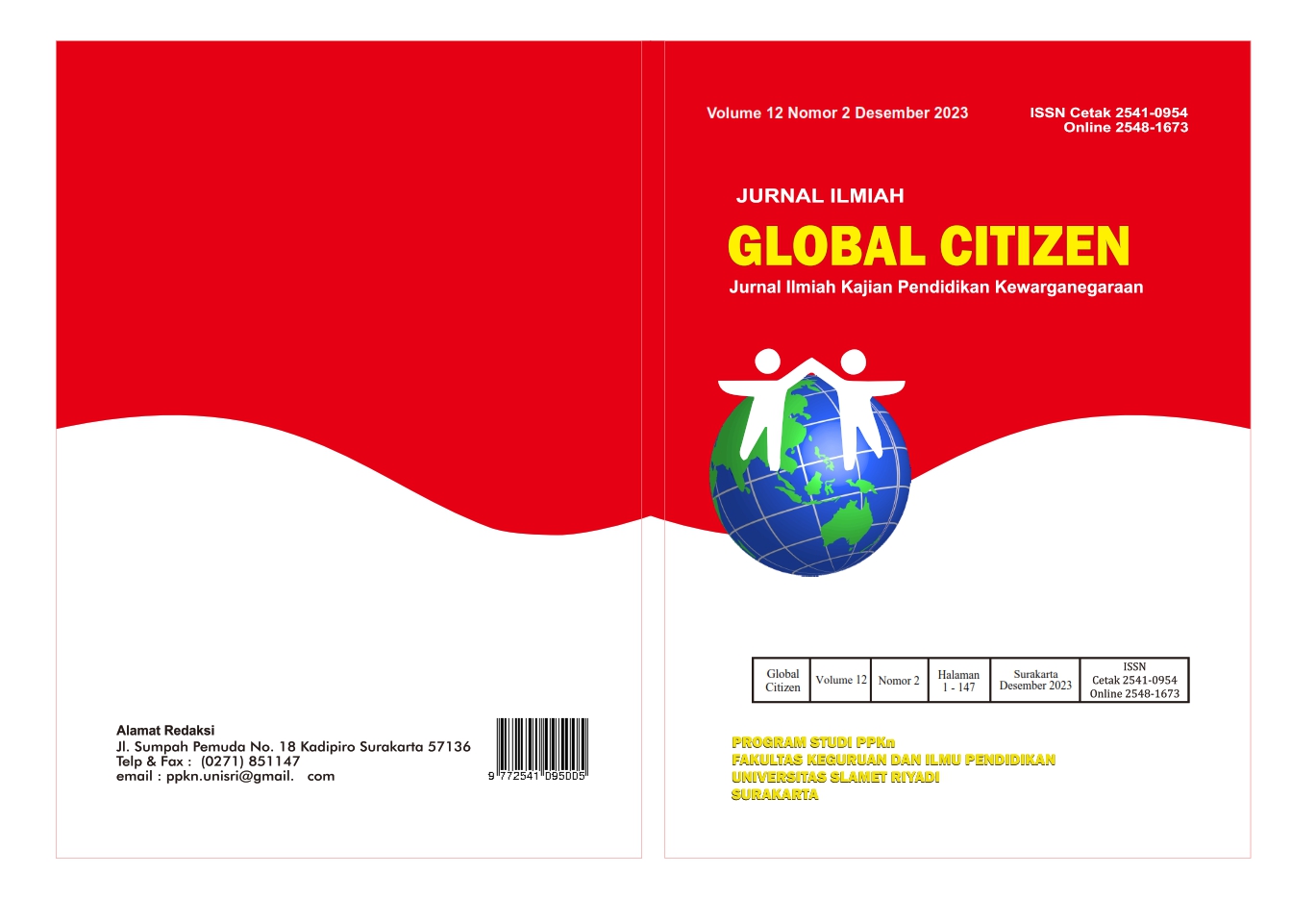THE PRINCIPLE OF JUSTICE IN CONSUMER AGREEMENTS AND ITS INFLUENCE ON THE VALIDITY OF CONTRACTS ARE LINKED TO LAW NUMBER 8 OF 1999 CONCERNING CONSUMER PROTECTION IN ACHIEVING ECONOMIC DEVELOPMENT GOALS IN INDONESIA
DOI:
https://doi.org/10.33061/jgz.v12i2.9271Abstract
This article discusses the civil aspect in contract cases, which are used by many people in various business collaborations. This article uses a normative research method, and uses a statutory approach. The provisions limiting the authority to make this exoneration clause have not been explicitly regulated. The only provision is the UUPK, although it uses the term standard clause which turns out to be different in meaning from the exoneration clause. In this case the standard clause is defined as a clause made unilaterally by the business actor, but its contents may not lead to an exoneration clause. Meanwhile, the exoneration clause as explained earlier is a clause that contains an attempt to limit, or even completely eliminate, the responsibility that should be borne by one of the parties, in this case the business actor. Legal protection is to provide protection for human rights that are harmed by others and this protection is given to the community so that they can enjoy all the rights granted by law so that the achievement of business/economic development goals in Indonesia is achieved in accordance with the values ​​of justice of the Indonesian people.

Downloads
Published
How to Cite
Issue
Section
License
Copyright (c) 2023 Putri Maha Dewi, Itok Dwi Kurniawan, Ismawati Septiningsih

This work is licensed under a Creative Commons Attribution-NonCommercial 4.0 International License.
Authors who publish this journal agree to the following terms:
- Authors retain copyright and grant the journal right of first publication with the work simultaneously licensed under a Creative Commons Attribution License that allows others to share the work with an acknowledgement of the work's authorship and initial publication in this journal.
- Authors can separately make additional contractual arrangements for non-exclusive distribution published by the journal (e.g., publish it in a book), with an acknowledgement of its initial publication in this journal.
- Authors are allowed and encouraged to send their work via online (e.g., in the institutional repositories or their website) after published by the journal.















